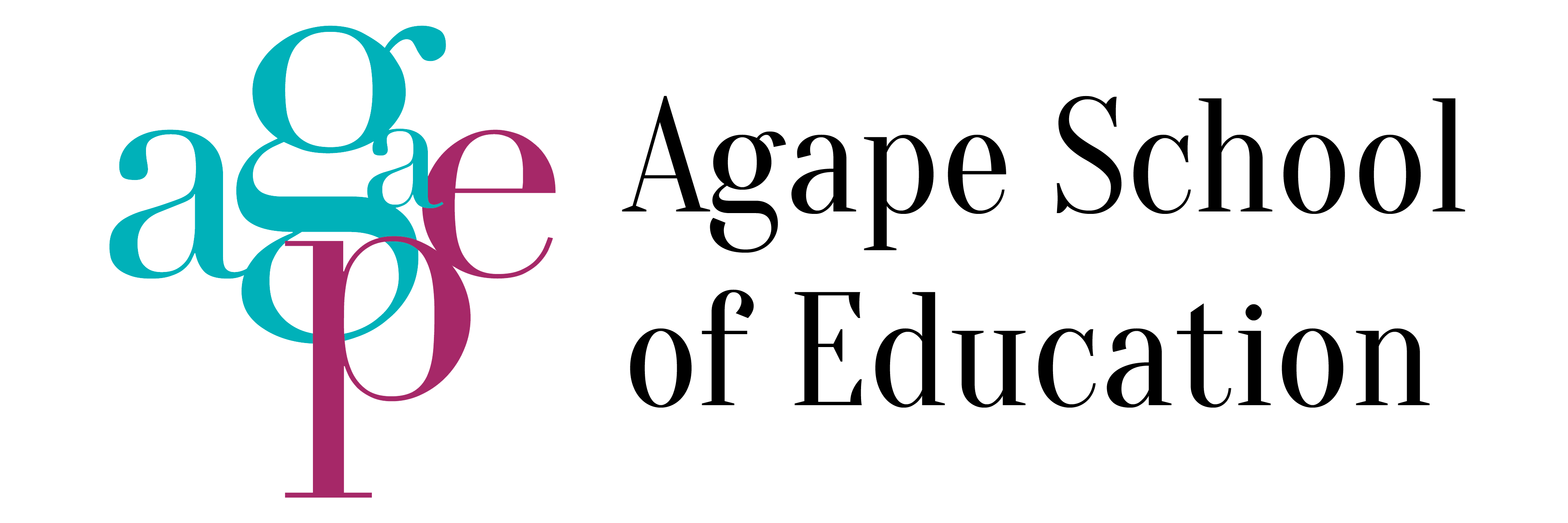As the face of education changes in response to the COVID pandemic and the quick adoption of online teaching, how has the role of the teacher changed? What makes a good language teacher in the world that we live in today?
Current research into teaching techniques has found that effective teachers are those who guide their students to success, rather than someone who preaches. A credible teacher is someone who has a particular communication and teaching style that fosters a collaborative learning environment. Instead of teachers acting like lecturers and asking their class to regurgitate that information in a test, they take a student-centred approach. This is exactly what we do at the Agape School of Education (ASOE).
A good teacher inspires a love for the language
Teachers have a lifelong influence on their students. They can be the sole motivation for how students learn, what they learn, and how they apply their knowledge. Therefore, the characteristics and behaviours of a teacher matter in the classroom. As does building strong relationships with students.
A teacher’s ability for creativity, critical thinking, and instructional communication can make the difference between whether a subject sparks a student’s interest or not. Much like a coach, what makes a good teacher is the ability to encourage students, but also to provide them with the tools to succeed. High levels of motivation in teachers relate to high levels of achievement in students.
A good teacher is constantly improving
Teachers also need to practice self-reflection, to not only be aware of their own strengths and weaknesses but also to be aware of their own cultural competence. This will determine how successfully they can teach students from multilingual backgrounds and different ethnicities.
At the ASOE, we often hold training sessions for our teachers, including training from curriculum and exam writers so that our students are well-prepared to tackle any language obstacle.
A good teacher knows their content
Teachers who are incredibly knowledgeable in a specific subject matter are better performers. This means that whether the teacher is a native speaker or not often does not matter as much as how well they know the content. Research has shown that teachers who have a strong grasp of the content are better able to facilitate student-directed activities that get better buy-in from students and encourages a passion for learning.
Teaching is hard work and some teachers never grow to be anything better than mediocre. They do the bare minimum required and very little more. The great teachers, however, work tirelessly to create a challenging, nurturing environment for their students. Great teaching seems to have less to do with knowledge and skills than with the tutor’s attitude towards students, the language, and the work.
Teaching Different Types of Learners
Students’ abilities and needs are different and we’ve covered the different kinds of learners previously. To effectively teach all students, the teacher must understand this. The teaching and interactions with students must reflect the needs of each, with the understanding of each as an individual.
When teachers are confronted by students’ learning issues, they are offered opportunities to broaden their knowledge base for diagnosis. Importantly, they also begin to consider alternative ways to address the situation; that is, they find an appropriate approach for the given situation.
The tutors at the ASOE are a good mix of native and non-native speakers. However, what is more important is all our tutors genuinely love and know their language. Our school has over 2 decades of experience teaching foreign languages within the Singaporean education system. That’s why we’ve not only created custom in-house prep and exam materials, but we’ve designed our courses to fundamentally be student-centred.
Our experience in the language school space has shown the substantial role that teacher-student relationships play in facilitating students’ motivation and engagement. Put simply, the extent to which students are receptive to anything a teacher may say or do to motivate and engage them will rely heavily on the relationship the teacher has developed with the students.
Thus, the challenge is for teachers to embed relationships into the everyday course of their pedagogy – from day one. This is no easy task.
Improving the Student-Teacher Relationship
Imagine that you or your child feel a strong personal connection to the teacher. The student is more likely to talk with the teacher and, by extension, receives more constructive guidance and real-world knowledge from her teacher. The student is likely to trust the teacher more, show more engagement in learning, behave better in class and achieve at higher levels academically. Positive teacher-student relationships draw students into the process of learning and promote their desire to learn. That’s why at the ASOE, we inspire a love for language.
Call us today to book in for a course, be it for business purposes, MOELC admissions tests, help with a Mother Tongue In-Lieu language or if you want to learn a foreign language for personal reasons!





0 Comments